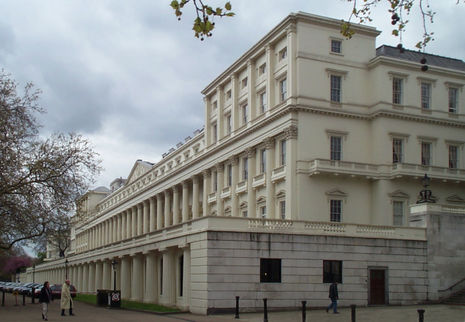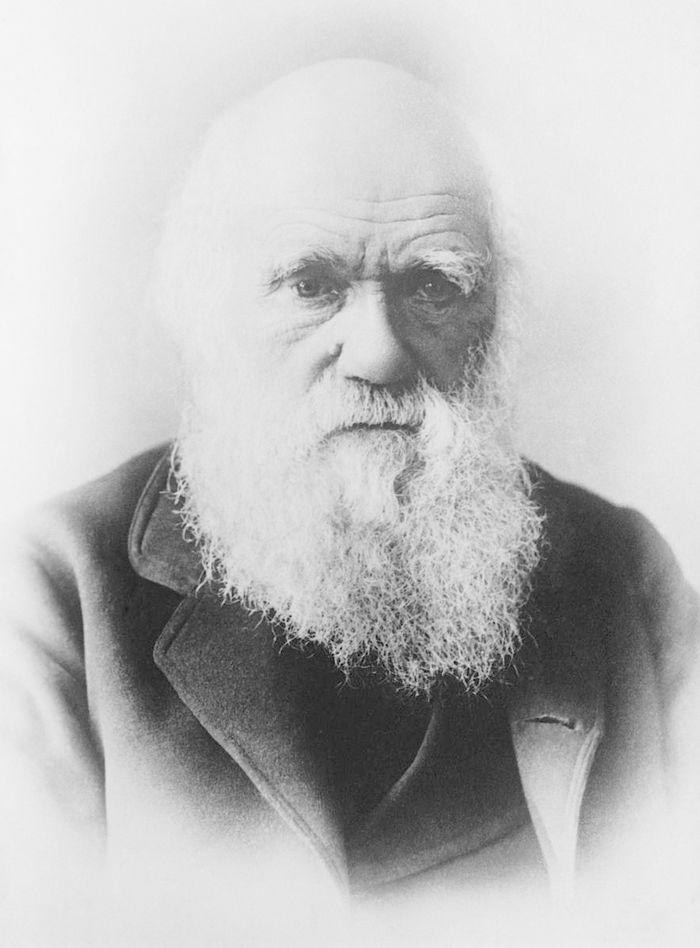Nine Cambridge scientists elected to the Royal Society
Varsity spoke to some of the Cambridge academics who were elected to the Society last week

Nine Cambridge academics are among the 62 Fellows who were elected to the Royal Society on 29th April.
The newly elected Fellows, who specialise in a range of fields, including mathematics, astrophysics, agricultural science and genomics, join approximately 1,700 scientists, technologists and engineers from the UK and Commonwealth.
The Royal Society, an Academy made up of some of the world’s most distinguished scientists whose work has significantly advanced their respective fields, works to recognise, support and promote international scientific development. Previous Cambridge academics elected as fellows of the Society include Stephen Hawking and Sir Isaac Newton.
Professor Kevin Brindle, of the Department of Biochemistry and Cancer Research UK’s Cambridge Institute, described the “honour” of being elected to the Fellowship.
He added that this was “not just for me but for all the people who have worked in my lab over the past 34 years.”
“Like many, in my family I was the first to go to university and so to be elected to the Royal Society was something I could never have anticipated when I started out,” he told Varsity.
Dr Sarah Teichmann, Director of Research at the Cavendish Laboratory and Senior Research Fellow at Churchill College, also praised the “dedicated work, skills and creativity” of her “team, colleagues and collaborators who have contributed to our exciting technological and biological discoveries”.
Professor Stephen Young, Emeritus Professor of Information Engineering in the Department of Engineering, works in the field of spoken language processing.
Young was a key developer of speech recognition products such as Siri, and believes that through his work, “what used to be science fiction transformed into an everyday experience as millions around the world started to interact with personal assistants such as Alexa and Siri using only their voice”.
Professor Jack Thorne, Department of Pure Mathematics and Mathematical Statistics, is now the youngest living member of the Royal Society, at the age of 32.
His research involves exploring “new perspectives on long-standing problems in number theory”.
Professor Didier Queloz, Professor of Physics at the Cavendish Laboratory and Fellow of Trinity College, is elected for his research on exoplanets, for which he was part of a team which won the Nobel Prize in Physics in 2019. Queloz’s discovery of the first gas-giant exoplanet has led to revolutions in astronomy. He is currently researching the formation, structure and habitability of life on Earth-like planets.
The admissions day has been postponed “to sometime in 2021” due to the coronavirus pandemic, suspects Professor Vikram Deshpande, who is a Fellow in Engineering at Pembroke. He has been awarded a Fellowship for his work on the design of lightweight materials now “finding extensive application” in civil engineering.
“While this has not directly affected things for me it means that I will miss out, until next year, on meeting new colleagues and also learning about the functioning of the society.”
Cambridge scientists Professor Marian Holness, Professor Giles Oldroyd, Professor Hugh Osborn, and Dr William Schafer have also been elected to the Royal Society.
 News / Judge Business School advisor resigns over Epstein and Andrew links18 February 2026
News / Judge Business School advisor resigns over Epstein and Andrew links18 February 2026 News / Hundreds of Cambridge academics demand vote on fate of vet course20 February 2026
News / Hundreds of Cambridge academics demand vote on fate of vet course20 February 2026 News / Petition demands University reverse decision on vegan menu20 February 2026
News / Petition demands University reverse decision on vegan menu20 February 2026 News / CUCA members attend Reform rally in London20 February 2026
News / CUCA members attend Reform rally in London20 February 2026 News / Caius students fail to pass Pride flag proposal20 February 2026
News / Caius students fail to pass Pride flag proposal20 February 2026










